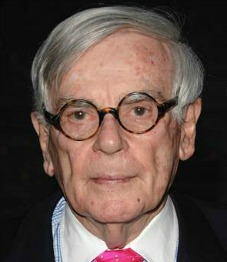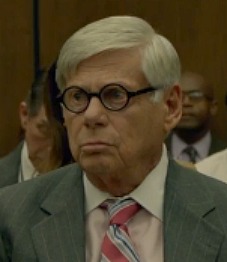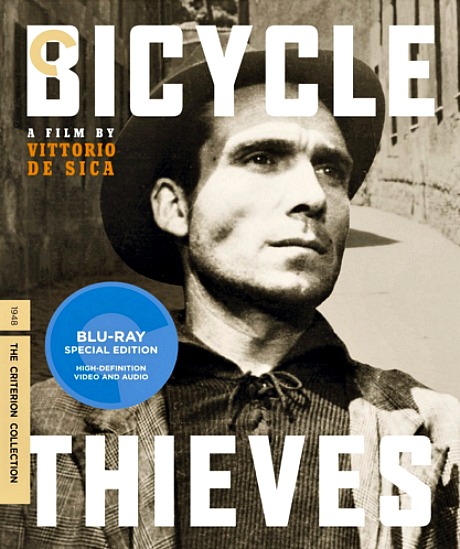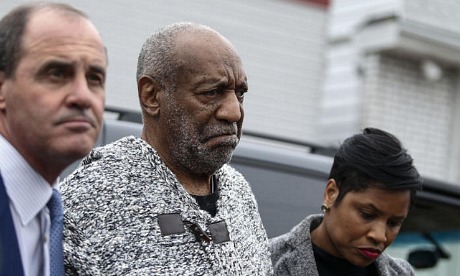I’ve been allowed to catch the first six episodes of The People vs. O.J. Simpson, the ten-part “American Crime Story” miniseries (exec produced by HE pallies Scott Alexander and Larry Karaszewski and directed/co-produced by Ryan Murphy) that FX will launch on Tuesday, February 2nd. It’s way too early to comment but I can at least say the show is very, very good — “epic”, engrossing, smartly written, expert performances up and down, well handled in nearly every respect. It plunges you right back into that tragedy, right back into that media storm and all the “dream team” bullshit and the prosecutors who didn’t understand how to play the game like crafty Johnny Cochran did. (I wonder how Simpson trial juror Brenda “Moron” is faring these days.)


(l.) Author and Vanity Fair reporter Dominick Dunne, who covered the O.J. Simpson criminal trial from late ’94 to late ’95; (r.) Robert Morse as Dunne in The People vs. O.J. Simpson, a ten-part FX “American Crime Story” saga debuting on 2.2.16.
One of the many performances I was highly impressed by was that of Mad Men‘s Robert Morse as author and investigative journalist Dominick Dunne, who covered the Simpson trial for Vanity Fair from late ’94 to late ’95. (For whatever reason Morse’s credit isn’t on his own or the show’s Wikipedia/IMDB pages.) But my brain did an odd thing after first spotting him in…whatever, episode #4 or #5. My first thought was “hey, is that Bob Morse?” but then I said to myself, “But of course it’s not because Morse died a year or two ago.” Not. Somehow my lulled and lullaby-ed self had drifted into a notion that Morse himself had passed because his last scene on Mad Men, that last musical number that Don Draper sees and hears in his head, felt so complete and poignant.



